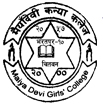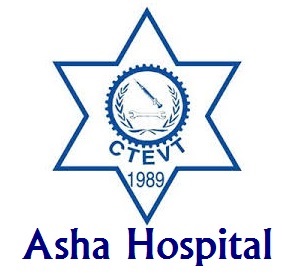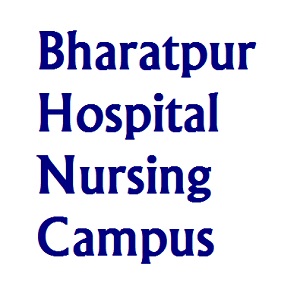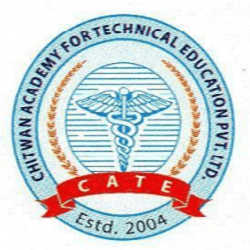Overview
PCL Nursing (Staff Nurse) – Bharatpur Samudayik Hospital, Chitwan
The Proficiency Certificate Level (PCL) in Nursing at Bharatpur Samudayik Hospital, Bharatpur-9, Chitwan, is an 18-month program affiliated with the Council for Technical Education and Vocational Training (CTEVT). It prepares mid-level nurses to deliver essential healthcare services in hospitals, health posts, and communities. The course accommodates 40 students, including 4 scholarship seats, and follows a curriculum approved by CTEVT and the Nepal Nursing Council (NNC).
Curriculum Details
This three-semester course combines academic instruction and hospital-based training. The curriculum emphasizes both nursing theory and practical competencies.
Major subject areas include:
-
Fundamentals of Nursing
-
Community Health Nursing
-
Medical-Surgical Nursing
-
Pediatric Nursing
-
Maternal and Child Health
-
First Aid and Emergency Care
-
Anatomy, Physiology, and Microbiology
-
Pharmacology and Nutrition
-
Health Promotion and Education
Clinical placements and practical demonstrations reinforce the theoretical foundation across each semester.
Objectives
The program is structured to:
-
Develop skilled nursing professionals with patient-focused care practices
-
Build competencies for maternal, pediatric, and general healthcare
-
Strengthen ethical values and accountability in clinical settings
-
Support public health programs and institutional healthcare delivery
Scope
Graduates can take the Nepal Nursing Council licensing examination and work as staff nurses. They contribute to institutional healthcare and community-level health services, especially in maternal and child care, emergency response, and preventive outreach.
Nursing graduates play active roles in school health units, vaccination campaigns, and general patient care within public and private institutions.
Learning Outcomes
Graduates of this program will be able to:
-
Conduct patient assessments and administer nursing care
-
Manage prenatal, postnatal, and pediatric services
-
Apply preventive healthcare practices in community settings
-
Document care delivery accurately and collaborate with health teams
-
Educate patients and families about hygiene and wellness
Skill Development Modules
Practical training is offered in areas such as:
-
Patient monitoring and recording vital signs
-
Safe administration of medication
-
Assisting in deliveries and newborn care
-
Infection control procedures
-
Community health surveys and fieldwork documentation
Teaching Methodology
The instructional approach includes lectures, hands-on demonstrations, group discussions, clinical rotations, and project work. Students participate in supervised postings across departments, including medical, surgical, maternity, pediatric, and emergency care.
Evaluation includes internal assessments, clinical performance, and semester exams conducted under CTEVT standards.
Admission Requirements
Applicants must meet the following criteria:
-
Completion of Secondary Education Examination (SEE) or equivalent
-
Minimum GPA in science subjects as set by CTEVT
-
Success in the entrance examination administered by CTEVT
-
Submission of complete academic and identification documents at the time of application
Career Opportunities
Upon licensing by the Nepal Nursing Council, graduates may pursue roles in:
-
Hospitals and nursing homes
-
Community clinics and outreach programs
-
Maternal and child health services
-
NGOs focused on healthcare delivery
-
Health education and counseling units
Graduates may also continue their studies through:
-
Bachelor of Nursing (BN)
-
B.Sc. Nursing
-
Other health science programs
Scholarships and Financial Aid
Of the 40 available seats, 4 are reserved for scholarships under the CTEVT policy. Scholarships are awarded based on:
-
Academic performance
-
Inclusion categories (e.g., women, disadvantaged groups, remote area students)
-
Economic need, verified through supporting documentation
Why Choose This Course?
The program offers practical training in an active hospital environment under professional supervision. Students build real-world nursing competencies aligned with national healthcare needs. The curriculum combines academic depth with skill-based instruction to prepare graduates for nursing responsibilities in both institutional and public health settings.
Conclusion
PCL Nursing at Bharatpur Samudayik Hospital provides structured education for aspiring nurses. The course equips students with clinical skills, ethical grounding, and the ability to serve in diverse health sectors across Nepal. It offers a meaningful path for those committed to building a nursing career that supports individual care and community health.























